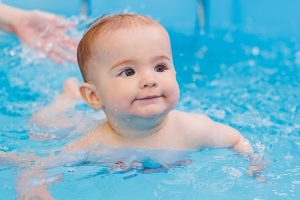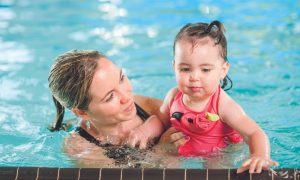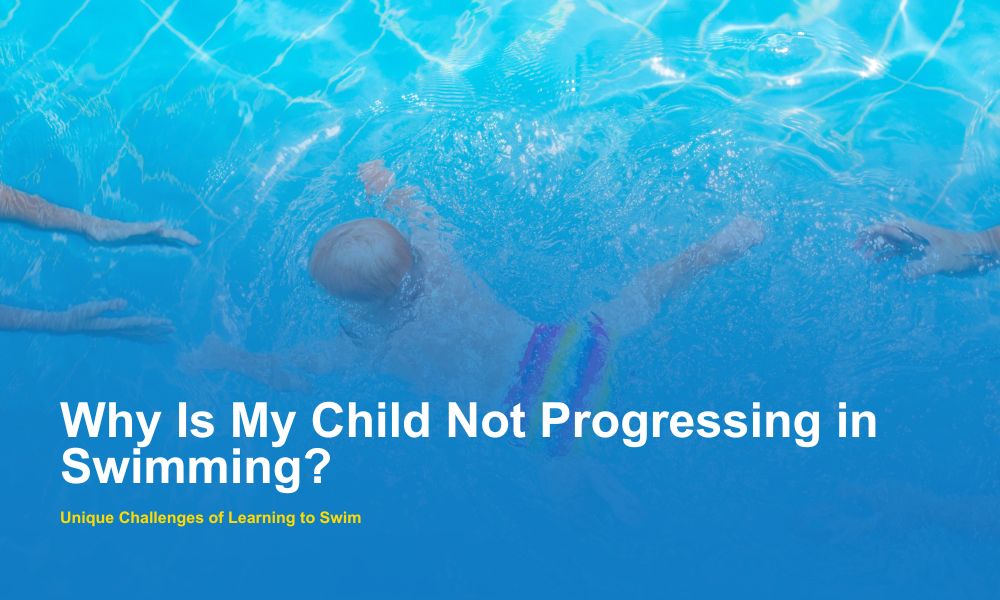Wow! Your child not progressing in swimming after week can be concerning. It seems they’re still struggling with the same skills. What’s going on?
One of the most challenging concepts for both parents and instructors to grasp in the swimming journey is the plateau phenomenon. Simply put, a “plateau” refers to a period when your child not progressing in swimming may appear to remain stagnant in their skill development during the learning process. The answer to your concerns lies in the fact that your child has likely reached a plateau.
What Is a Plateau?
The concept of plateauing is familiar to seasoned swimmers. A “plateau” refers to a period when a swimmer is working hard but not showing measurable improvement. During these times, it’s essential to focus on refining techniques and celebrating small wins.
Plateaus in Swim Lessons
Sometimes, children might try to persuade their swim instructor to focus on skills they already enjoy. If your child is not progressing in swimming, it’s up to the instructor to get creative and introduce new, age-appropriate skills. The activities that are fun for the child can then serve as rewards for trying something new!
It can be tough to remain patient during these slower phases of the swim lesson process, so frequent communication between parents and instructors is essential.
Unique Challenges of Learning to Swim
Unlike skills learned on land, swimming requires your child to adapt to an environment where gravitational forces are either removed or significantly diminished. To succeed, they must learn to:
- Adjust to Weightlessness: Navigate an environment that feels completely different from the ground.
- Control Their Breathing: Understand how to breathe only when their mouth and nose are above water.
- Grip the Water: Master the skill of holding water with their hands and feet.
These skills are quite foreign to children, who are accustomed to their day-to-day activities on solid ground.
The Importance of Confidence in Swimming
Confidence is the most significant factor that influences your child’s progress through the five stages of learning to swim. Initially, they need to feel secure enough to put their face in the water without fear of inhaling water or getting it up their nose. This confidence takes time to develop.
Once your child feels secure with this first step, they may appear to plateau as they learn to float on the surface. This is their first major plateau, where it seems like they’ve hit a standstill until their confidence catches up to their new skill level.


Make Swimming Fun to Overcome Fear
Being in water can be intimidating, especially for new swimmers. It’s completely normal for children to feel afraid of water when swimming. They often pick up on the anxiety of adults around them, which can amplify their fear.
As a long-time swim instructor at Shapland Swim School, I encourage parents to observe lessons, but it’s important to understand that the skills that scare children (and their parents) are often best introduced through fun games. If nerves are high, it’s okay for parents to watch from a distance while we keep the atmosphere light and engaging!
Celebrate Progress, No Matter How Small
It’s vital to celebrate every little achievement in swim lessons. Acknowledging even small milestones reinforces positive behavior. After years of teaching, I’ve seen firsthand that every child learns at their own pace, and celebrating these achievements can help ease their journey, especially when a child is not progressing in swimming as quickly as expected.
The Learning Process: What to Expect?
When children begin their swimming lessons, the focus is on putting their face in the water and controlling their breathing. Some children might grasp this skill in the very first lesson, while others may need several sessions to feel comfortable. After mastering this skill, the next challenge is learning that the water will always support them (floating). Developing this confidence and skill can take time, leading to another period where it feels like they are at a standstill.
Once your child understands that water will support their body weight, they can move on to learning how to hold the water with their hands and feet. As you can imagine, water is a liquid that’s challenging to grip, and mastering this skill takes time, resulting in yet another plateau in their skill development.
The Cycle of Learning
This cycle of gaining confidence, reaching a plateau, learning a new skill, gaining confidence again, and hitting another plateau is a natural process for learners of all ages, from babies to adults, including competitive swimmers.
Patience and Encouragement
As your child navigates this process, please be patient and offer plenty of encouragement. They are working hard to adapt to an environment without the familiar pull of gravity and developing the fine motor skills necessary to hold the water with their hands and feet.
Practice Makes Perfect
Ideally, your swimmer should have access to a pool where they can practice between lessons. Allowing them to explore the water on their own terms and at their own pace can be less daunting than structured lessons. If family swim time is enjoyable, learning new skills will become an exciting adventure rather than a chore.
Older siblings who have already mastered swimming skills can also be invaluable in helping younger swimmers progress!
A Lifelong Skill: The Importance of Water Safety
Water safety is an important life skill. Regardless of your child’s current level, a combination of courage and fun is the best recipe for continued progress in their swimming journey.

